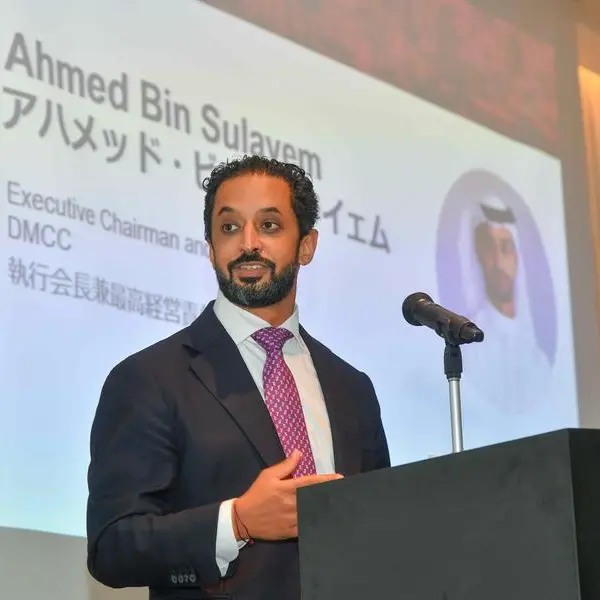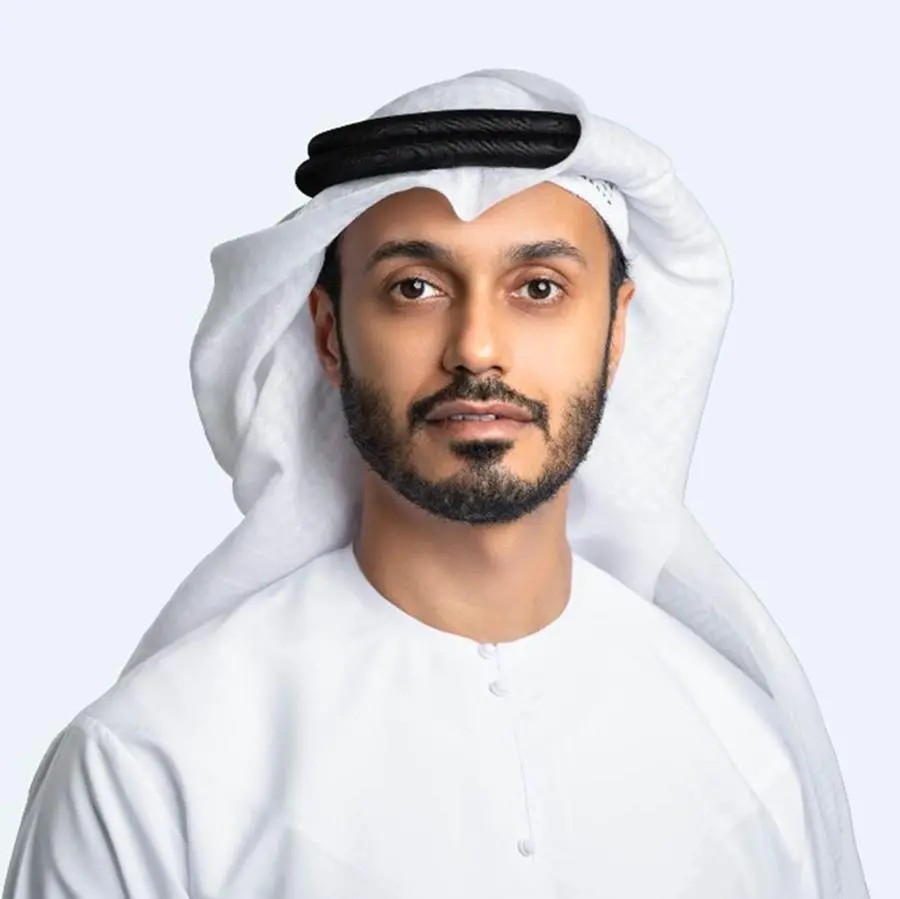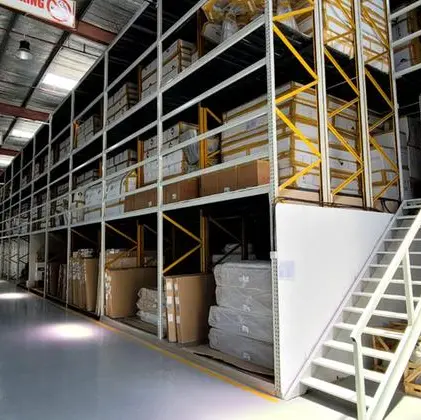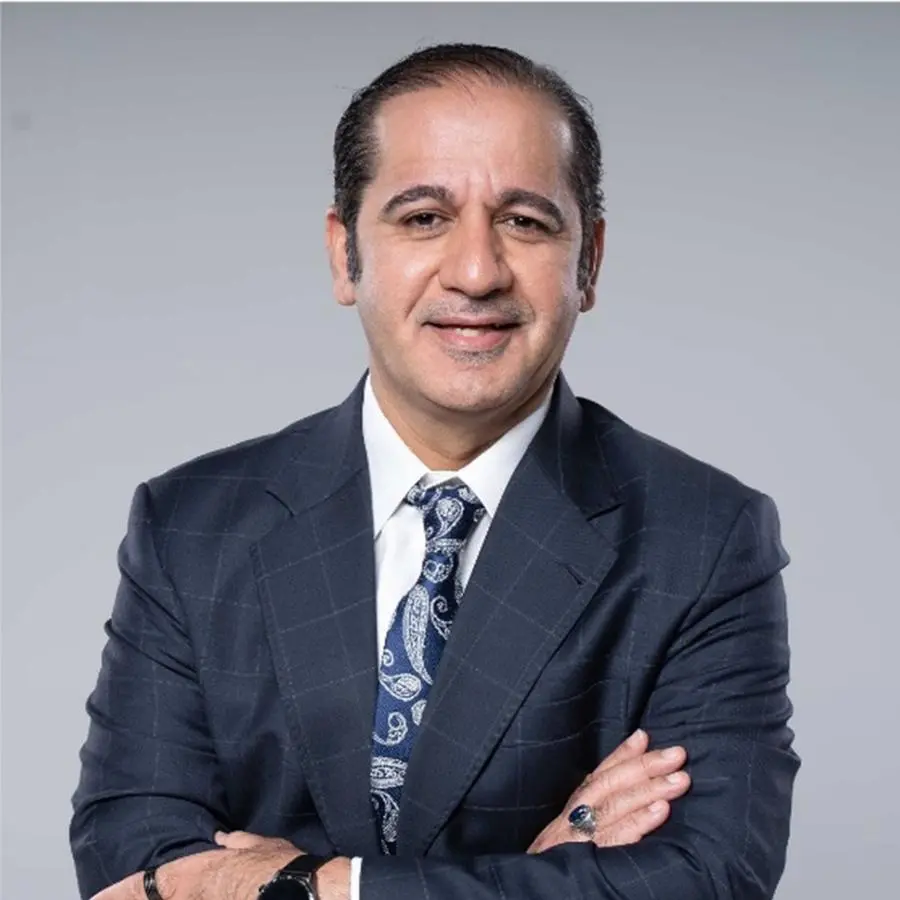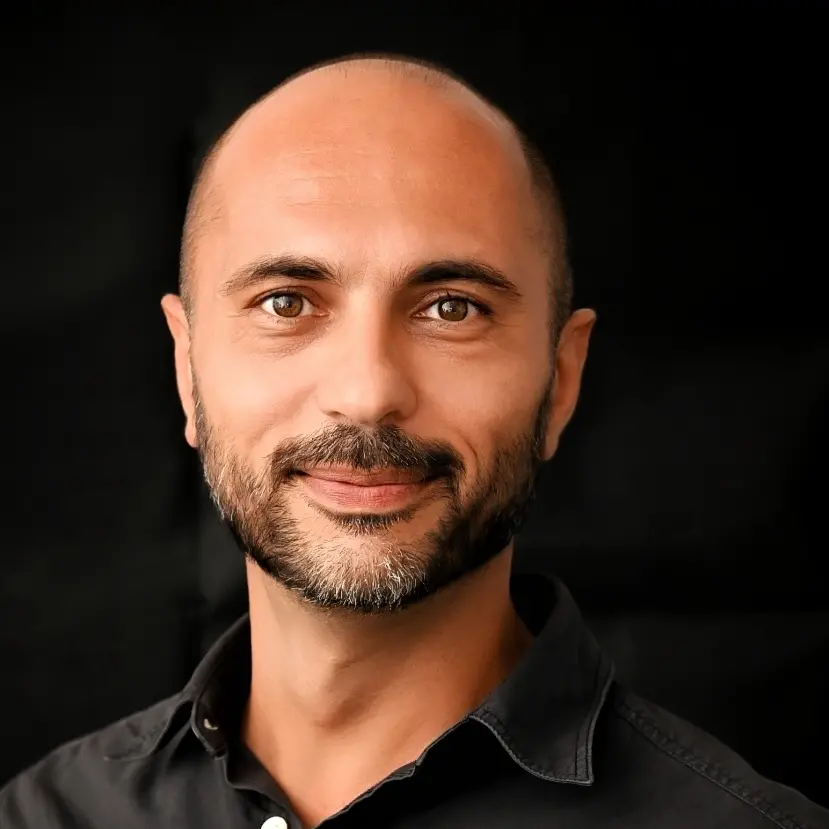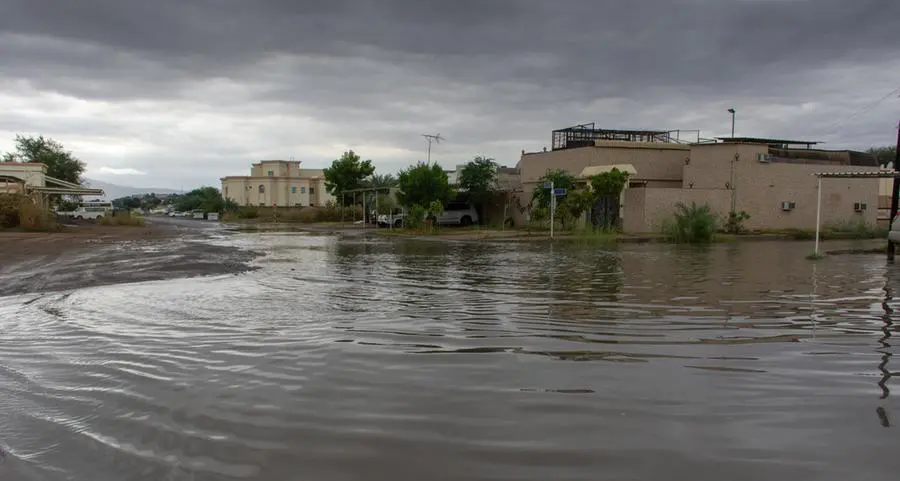Kuala Lumpur/Washington, DC – More than 100 participants, including government officials, bankers, asset managers and academics from all over the world, participated in the World Bank-Islamic Financial Services Board (IFSB) High-Level Seminar on Islamic Finance and the Sustainable Development Goals (SDGs) held at the office of the World Bank Treasury on October 6. The Seminar was highlighted by a keynote address, followed by an extensive question and answer session, by his Royal Highness Muhammadu Sanusi II, the Emir of Kano and former Governor of the Central Bank of Nigeria. In his remarks, the Emir stressed the potential of Islamic finance to mobilise much needed capital to achieve the SDGs, stressing in particular the suitability of Islamic modes of finance for infrastructure development.
On the topic of infrastructure, the Emir stated, “Islamic finance modalities offer strong potential for public private partnerships in financing both physical and social infrastructure.” In addition, after noting that in Africa less than one in four adults has access to an account in a formal financial institution, the Emir stated, “Islamic finance will positively contribute to the rate of financial inclusion, especially in the developing world.”
The Seminar was opened by Ms. Arunma Oteh, the Vice President and Treasurer of the World Bank. Ms. Oteh similarly stressed the importance of Islamic finance as an agent for financial inclusion and as a tool for mobilising private investment in infrastructure. In addition, Ms. Oteh drew a link between the SDGs, sustainable investing and Islamic finance, stating, “Achieving the SDGs also will require a change in private investor behavior, with investors needing to apply sustainable development metrics to their decision-making. In that regard, Islamic finance is an important example of exactly this type of investing, with Islamic investors applying an ethical, qualitative filter to all of their investment decisions.”
Mr. Jaseem Ahmed, the Secretary-General of the IFSB, also provided remarks in which he pointed out that while Islamic finance has an important role to play in scaling up investments to meet the SDGs, its overarching focus on social justice was also highly relevant. Mr. Ahmed stated, “A major contribution Islamic finance has made in recent years is in helping us to rethink and reframe our understanding of the necessary links between finance, the real economy, and ethical conduct.”
The Seminar included a lively and informative panel discussion which examined, amongst other issues, how countries, such as Indonesia and Turkey, are increasingly using Islamic finance to support developmental goals, and innovative sukuk structures supporting both physical and social infrastructure, including education in Malaysia and global immunisation programmes.
The Seminar was moderated by Dr. Michael McMillen, an adjunct professor at the University of Pennsylvania and partner in the international law firm of Curtis, Mallet-Prevoust, Colt & Mosle. The panel featured Dr. Walid Abdelwahab of the Islamic Development Bank, Mr. Cyrus Ardalan, a director of the International Finance Facility for Immunization, Mr. Osman Celik, Undersecretary of Finance of Turkey, Mr. Mohd Izani Ghani, Chief Financial Officer of Khazanah Nasional Berhad, Malaysia and Dr. Muliaman Hadad, Chairman of the Board of Commissioners of the Financial Services Authority of Indonesia. Following the panel discussion, the event concluded with closing remarks from Ms. Gloria Grandolini, Senior Director of the World Bank’s Finance and Markets Global Practice Group.
This Seminar, held on the margin of the World Bank/IMF Annual Meetings, is the most recent example of the long-standing cooperation between the World Bank and the IFSB.
For more information on the event, please contact the World Bank-IFSB secretariat (wbifsb@worldbank.org).
-Ends-
About the Islamic Financial Services Board (IFSB)
The IFSB is an international standard-setting organisation that promotes and enhances the soundness and stability of the Islamic financial services industry by issuing global prudential standards and guiding principles for the industry, broadly defined to include banking, capital markets and insurance sectors. The IFSB also conducts research and coordinates initiatives on industry-related issues, as well as organises roundtables, seminars and conferences for regulators and industry stakeholders. Towards this end, the IFSB works closely with relevant international, regional and national organisations, research/educational institutions and market players. The members of the IFSB comprise regulatory and supervisory authorities, international inter-governmental organisations and market players, professional firms and industry associations.
For more information about the IFSB, please visit www.ifsb.org.
About the World Bank
The World Bank (the Bank) offers loans, advice, and an array of customized resources to more than 100 developing countries and countries in transition. The Bank helps poorer countries as they become involved in the world economy. The Bank is the world’s largest provider of development assistance, committing about $20 billion in new loans each year. The Bank also plays a vital role in coordinating with other organizations—private, government, multilateral, and non-government—to ensure that resources effectively support a country’s development agenda.
The World Bank’s mission is to fight poverty with passion and professionalism. The Bank’s main focus is to help the poorest people and the poorest countries. It emphasizes the need for investing in people, particularly through basic health and education. The Bank also emphasizes protecting the environment, supporting and encouraging private-sector development, strengthening the ability of governments to deliver quality services efficiently and transparently, and promoting reforms to create a stable macroeconomic environment conducive to investment and long-term planning.
© Press Release 2016

